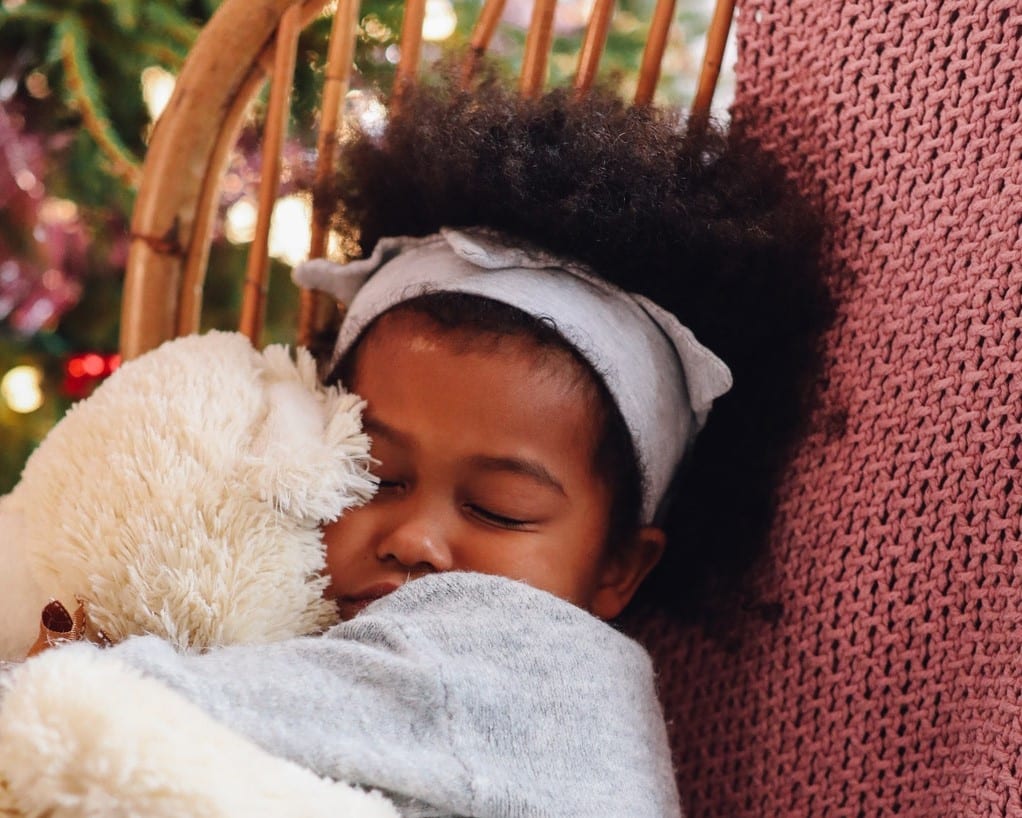
Lights Out for Little Kids
 A sleep program for parents of pre-schoolers may prevent mental health problems in their child occurring later in life, according to new Australian Rotary Health (ARH) funded research.
A sleep program for parents of pre-schoolers may prevent mental health problems in their child occurring later in life, according to new Australian Rotary Health (ARH) funded research.
In a study funded by an ARH Mental Health Research Grant, Associate Professor Caroline Donovan from Griffith University led a team of researchers in a world first investigation of whether the treatment of sleep problems in young children reduced and prevented the emergence of anxiety and behavioural problems.
Caroline received a grant in 2018 for the research project, Improving Pre-schoolers’ Transition to School: Targeting Sleep Problems.
The study found that the sleep program ‘Lights Out’ was highly effective in reducing sleep problems in young children. “Sleep’s quite complicated in these young kids,” Caroline explained.
Additional benefits of the program included less resistance from the children around going to bed, less anxiety at bedtime, longer sleep during the night and less sleepiness during the day.Prior to the study, Caroline told Australian Rotary Health, “I have a strong belief in the importance of treating psychological problems as early as possible to prevent unnecessary suffering. I chose this research area because I hope to make a difference for these young children and allow them to live life to its fullest potential.”
“I’m really passionate about treating kids as early as we possibly can so that we can prevent all those other issues happening later,” she said.
Caroline and her team identified that sleep problems in young children can be an indicator of other issues including anxiety and behaviour problems. They predicted that by treating sleep problems in children before they started school, they would reduce anxiety and behaviour problems and aid the transition into a school environment.
“The first thing we wanted to do was develop a program that was specific to pre-schoolers,” said Caroline. She explained that previous sleep studies in young children had grouped pre-schoolers in with infants and toddlers. But sleep issues across those different age groups can present very differently.
So, Caroline and her team developed a 6-session treatment program for parents whose pre-school aged children experienced sleep problems. “We called it the Lights Out program,” she said. “The program is parent-focussed.”
Of the 128 parents involved in the study, 66 were not given treatment and 62 were given treatment. The program was administered in the final term of the year before their children entered school.
In addition to improved sleep habits, Caroline’s research found that those who got treatment showed a significantly greater reduction in, anxiety and behavioural issues both immediately after the treatment and after their first semester of schooling.
“We weren’t quite expecting quite to the degree we found that it didn’t just help their sleep, but it also significantly reduced their anxiety problems.” After all, she explained, “We gave the parents a sleep program. We didn’t give them an anxiety program.”
Caroline indicated that one of the most exciting findings of the research was “evidence that our sleep program did not only reduce sleep, anxiety and behaviour problems, but that it also prevented the development of later anxiety and behavioural problems as well.”
However, despite the team’s best hopes, their project was unable to find evidence that treating sleep problems in young children would also improve their transition to school.
Caroline hopes that “outcomes from the study will provide new directions for improving sleep, mental health problems, and preparedness for early major life transitions in young Australians.”
You can listen to Caroline’s findings on episode 27 of the Australian Rotary Health podcast, The Research Behind Lift the Lid.
The team will shortly submit their findings for publication.
For media enquiries, contact [email protected] or call (02) 8837 1900.